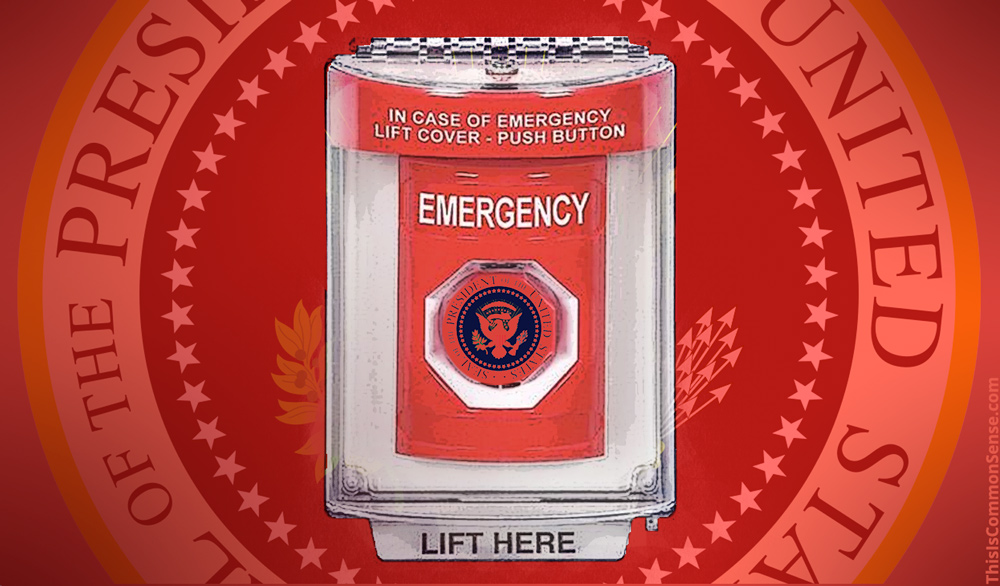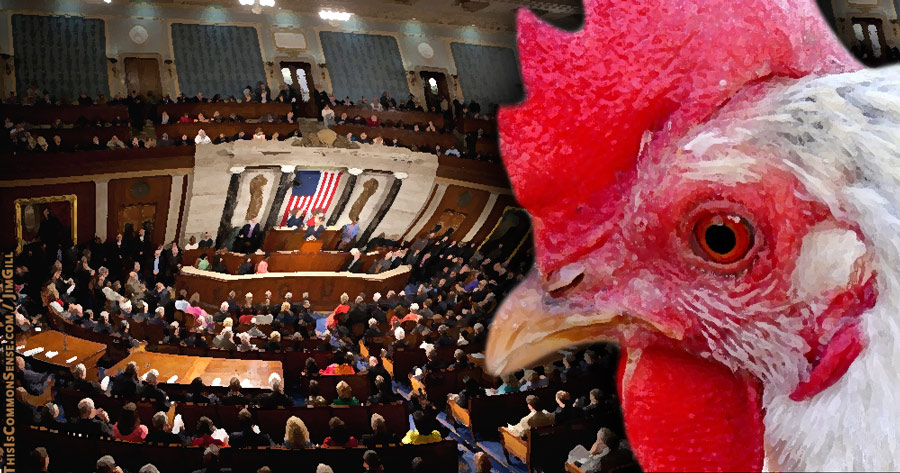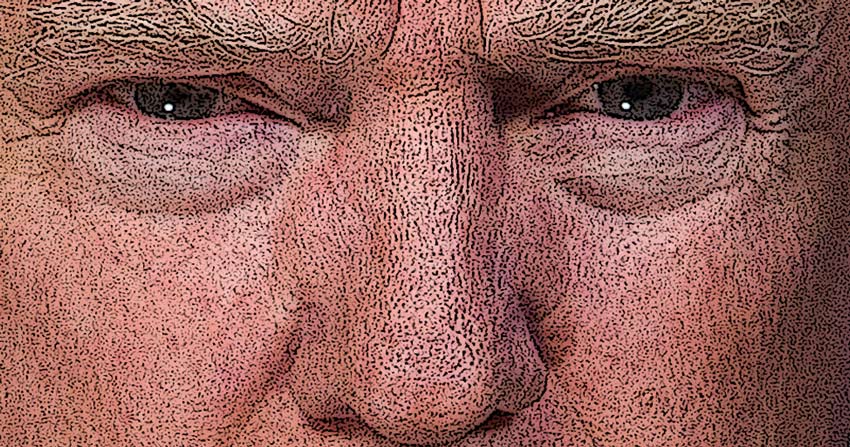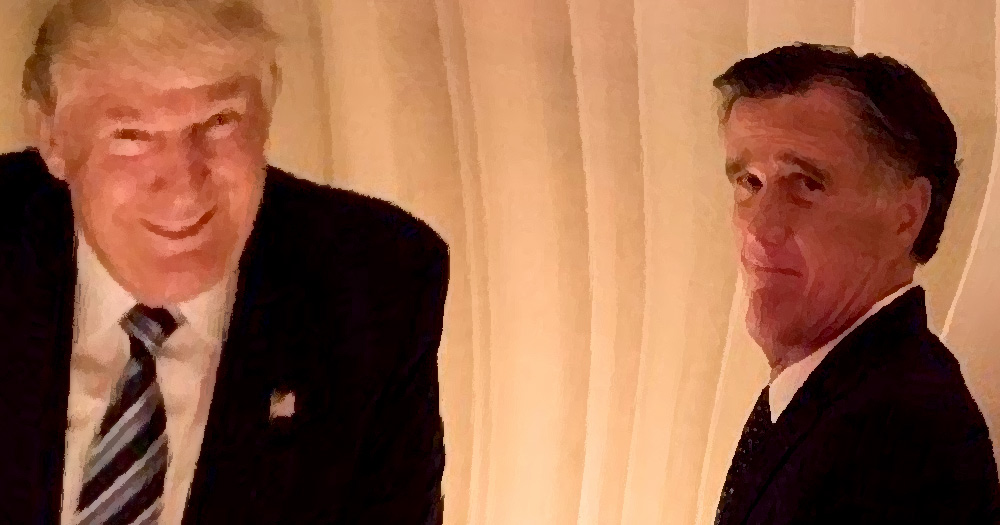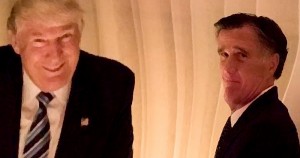Will President Trump declare a “national emergency”? Is he that desperate to get the funds needed to build a wall (or steel-slate fence or barrier of some sort) on the U.S. border with Mexico?
It looks increasingly likely, but who knows . . .
What I do know is how foolish and dangerous it is to provide “emergency” loopholes for politicians.
Words have very mutable meanings to politicians. “Emergency” will entail whatever the president invoking it desires.
In fact, when Congress passed the National Emergencies Act in 1976, the legislation didn’t even bother to define the term, “emergency.”
Every time I hear “national emergency,” it reminds me of Colorado and Oregon, where state constitutions are clear that an emergency entails a true threat to the health and safety of the public. But since those constitutions protect emergency bills from the check of a citizen referendum, legislators make use of the obvious loophole: a majority of bills in those states now carry a clause dishonestly claiming emergency status.
I guess we should not be shocked to discover that Congress has awarded the president at least 136 emergency powers, as Elizabeth Goitein of the Brennan Center for Justice informs The Washington Post.
Ninety-six of those “powers” allow the president to act unilaterally.
What sort of blind power giveaways are we talking about?
Goitein explains that in a declared emergency, under current law, Congress has authorized “the president to shut down or take over radio stations and even suspend a law that prohibits government testing of chemical and biological weapons on unwitting human subjects.”
We need a wall, all right . . . between politicians and this foreign notion of extra-constitutional “emergency” powers.
This is Common Sense. I’m Paul Jacob.
